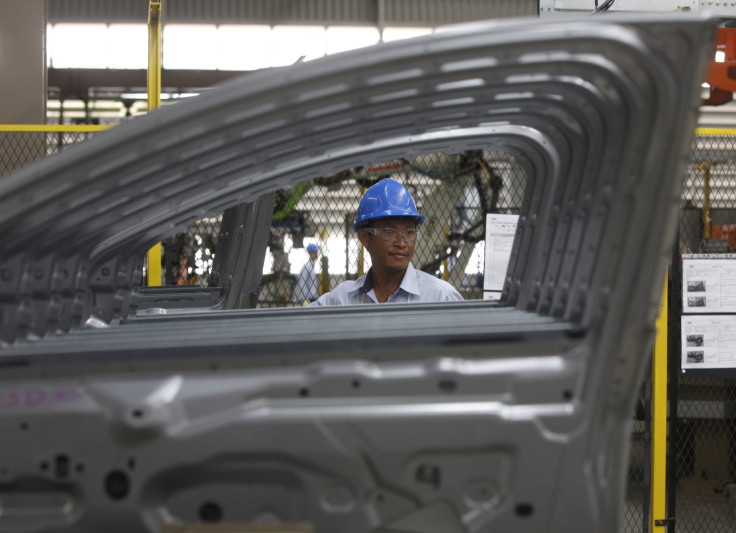Thailand To Eliminate Geography-Based Tax Breaks By 2015, Will Replace With Industry-Based Exemption Scheme

Foreign companies have less than two years to benefit from a Thai tax-break, as the country begins to adopt policy changes to reduce its dependence on cheap labor and focus on higher value-added goods and services.
Southeast Asia’s second-largest economy will end the current system of corporate tax breaks based on geography and replace it with one that fosters certain industries by 2015. These industries will be selected based on as-yet-undefined national priorities, reported Chiangrai Times, a Thai news outlet.
While many foreign companies will fall under those preferred industries and continue to enjoy tax breaks, the lack of clarity about what those industries will be is causing some concern, as it will affect foreign investment heavily. Industrial parks around the country, which over the past two decades have become hubs for electronics and manufacturing sectors, are among those businesses eagerly waiting for future announcements on the subject.
“In the future we don’t know what will come out,” says Witaya Launglueyos, the senior general manager of Rojana Industrial Park PCL (BKK:ROJNA) in Ayutthaya province, 70 kilometers (43.5 miles) north of the Thai capital, Bangkok. Rojana focuses on high-end electronics, while others, such as estates run by rival Hemaraj in the south-eastern Rayong province, focus on the automotive industries.
Rising labor costs in Thailand is making the country less competitive in providing a cheap workforce compared to neighboring countries including Indonesia, Myanmar, Vietnam and Cambodia, which means Thailand can no longer count on attracting foreign investment for manual, often unskilled, labor alone.
Thailand’s current minimum wage is $10 per day, twice that of Indonesia and Myanmar, and much higher than Vietnam’s $3 and Cambodia’s $2.
In addition, Singapore boasts of a lower corporate tax rate than Thailand’s 17 percent.
The existing tiered corporate tax scheme, based solely on where investing companies are located, allow as much as eight years in corporate tax exemptions, with a 50 percent reduction for another five years. Firms located farthest away from Bangkok receive the biggest breaks.
The current incentives already partly account for industries. Agriculture and agro-processing, software development and biotechnology are some industries highlighted by the country’s official Board of Investment. Investors in these industries can qualify for the maximum benefit, irrespective of where they are based.
Within two years, however, the geographical filter will cease to exist, and industry alone will be the determinant on how much tax break a company qualifies for, according to Chiangrai Times.
The auto industry is a priority. Automakers with operations in Thailand, including Toyota Motor Corporation (NYSE:TM), Ford Motor Company (NYSE:F), Mazda Motor Corporation (TYO:7261), Mitsubishi Electric Corporation (TYO:6503), Honda Motor Co Ltd (NYSE:HMC), Nissan Motor Co., Ltd (TYO:7201) and General Motors Company (NYSE:GM), had a combined production capacity of almost 2.7 million vehicles last year, and this figure is expected to rise to 3.1 million by 2015.
Thailand will need to foster the skills of its workers in its shift toward higher-end manufacturing.
“We will go more high-tech,” said Wirat Tatsaringkansakul, the Thailand Board of Investment’s Australia director.
© Copyright IBTimes 2024. All rights reserved.





















